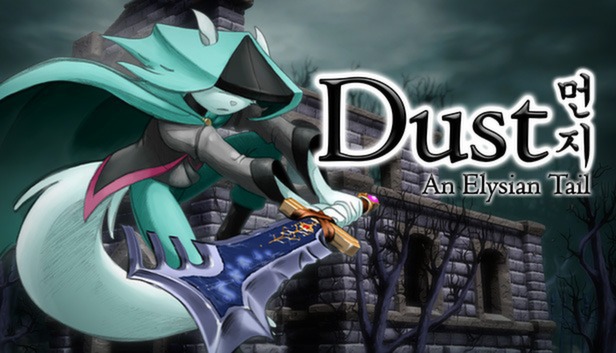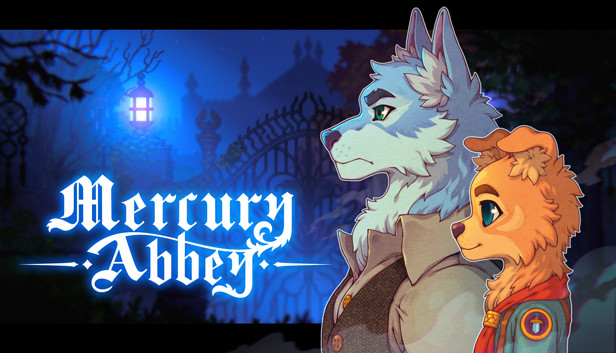BigBadBeef
Active Member
Something is going on in the background that I am not familiar with. We can be in agreement that some Native Linux ports are so bad that using Proton is preferable.
But this is where it all goes wrong. Using proton on a native Linux game in steam causes it to fail spectacularly! Not only will it fail to install all the prerequisite files for a successful proton launch, it will get completely stuck at some point in the process and will be unable to go past it.
After that the REALLY bad part comes in - switching back to native Linux mode causes the game to fail to run completely, no error messages provided. As soon as you click that "Play" button, it is as if nothing has happened. I momentarily see a cloud sync message, but then it goes right back to the point before I wanted to play the game.
Deleting it's associated "Compadata" subfolder doesn't help, neither does checking the integrity of the game files.
EVEN completely uninstalling the game and downloading it all over again doesn't fix the issue.
Obviously some files or settings have been left behind that are screwing with the game's ability to launch successfully, but where are they? And what am I missing?
But this is where it all goes wrong. Using proton on a native Linux game in steam causes it to fail spectacularly! Not only will it fail to install all the prerequisite files for a successful proton launch, it will get completely stuck at some point in the process and will be unable to go past it.
After that the REALLY bad part comes in - switching back to native Linux mode causes the game to fail to run completely, no error messages provided. As soon as you click that "Play" button, it is as if nothing has happened. I momentarily see a cloud sync message, but then it goes right back to the point before I wanted to play the game.
Deleting it's associated "Compadata" subfolder doesn't help, neither does checking the integrity of the game files.
EVEN completely uninstalling the game and downloading it all over again doesn't fix the issue.
Obviously some files or settings have been left behind that are screwing with the game's ability to launch successfully, but where are they? And what am I missing?




